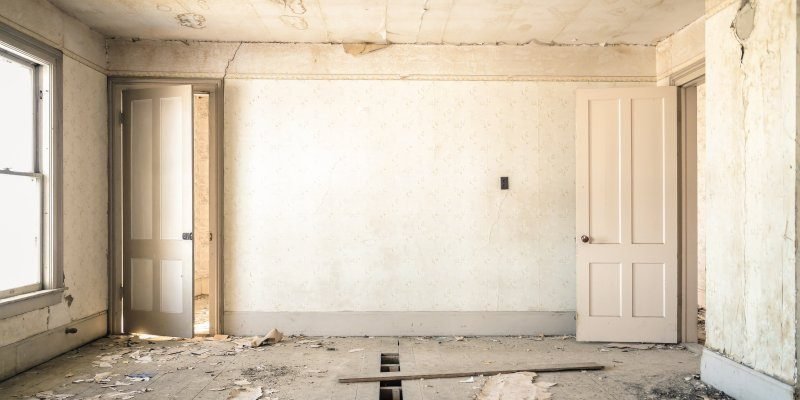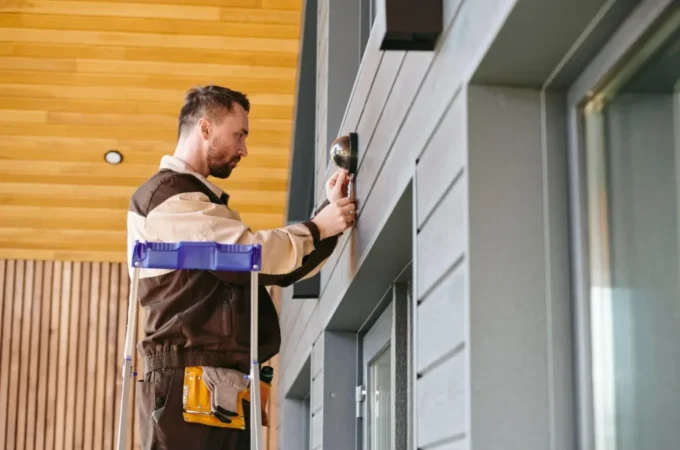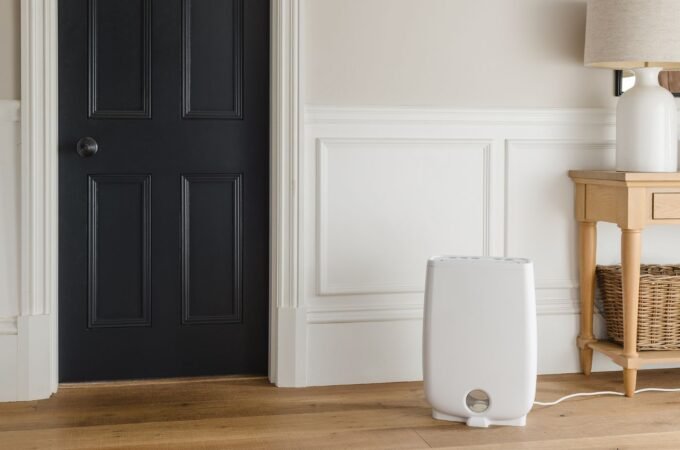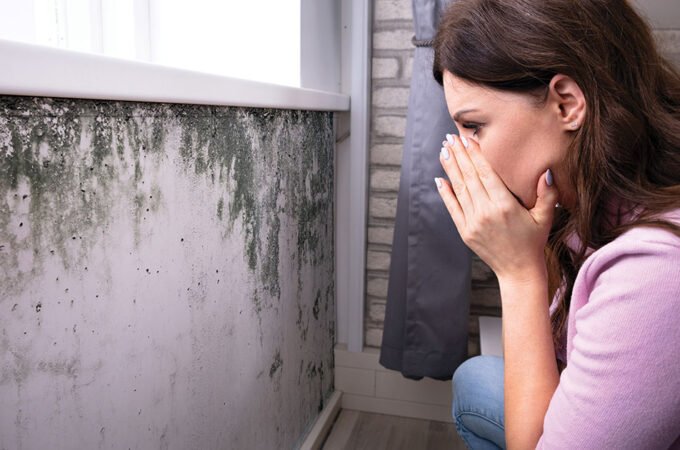
Housing Disrepair Claims: What Are They?
Landlords and housing associations have a duty to maintain properties to an acceptable standard of living for their tenants. Unfortunately, they don’t always do so, and tenants are left living in awful conditions which can affect their health and wellbeing.
Housing disrepair claims can help tenants by forcing negligent landlords to carry out repairs in damaged property, and can award tenants with money to compensate for any suffering they have experienced because of the state of disrepair they live in.
What is Considered to be ‘Disrepair’?
There are a range of issues in a property which constitute disrepair. Any of the following would be considered unacceptable in private or social rented housing:
- Damp and/or mould caused by structural disrepair
- Unsafe and dysfunctional boiler
- Leaking pipes
- Defective central heating
- Broken sewers
- Inadequate ventilation
- Damaged or exposed wiring
- Damaged roof and/or plasterwork
- Insufficient security
It is the landlord or housing association’s responsibility to ensure that any of the above problems are solved in a reasonable amount of time. This usually means around thirty days.
If they do not resolve disrepair issues, tenants can file a housing disrepair claim against them. This means getting a solicitor involved, which often leads to a court ordering the landlord or housing association to take remedial action.
Health Issues which can Arise from Housing Disrepair
Tenants can sometimes find it intimidating to speak up against their landlord, especially if they live in a property owned by a social housing organisation. But sometimes, disrepair can cause really serious health problems, which isn’t just unacceptable, but against the tenant’s right to live in safe conditions.
Some examples of health problems which a result of can be living in a state of disrepair include:
- Asthma
- Pneumonia
- Upper respiratory tract infections
- Anxiety
- Depression
- Gastrointestinal problems
- Carbon monoxide poisoning
- Electrocutions
- Trips and falls
What You Can Do if You Live in a State of Disrepair
Living in a poorly maintained property can make you uncomfortable and frustrated, but you have the right to take action. Make sure you read your tenancy agreement and are aware of your rights – your solicitor will be able to help you understand any legal terms. You don’t have to live in dangerous housing, and your landlord should make it their priority to ensure you are safe.
You should make sure that there is nothing you are doing which might be causing the problem. For example, not turning central heating on during the winter can cause damp and mould, particularly on the inside of external walls like bay windows. If you are turning the heating on and providing adequate ventilation and the damp and mould still persists, you should inform your landlord or housing association.
At this point they should take some sort of action, for example coming to inspect the property. After this they should attempt to resolve the problem. If the issue puts you and anyone else who lives with you in danger, they should arrange for alternative accommodation for you until the disrepair is fixed.If your landlord or housing association refuses to fix the problem despite you alerting them of it, you should contact a solicitor who has expertise in housing disrepair claims.They will be able to advise you on how best to proceed.






